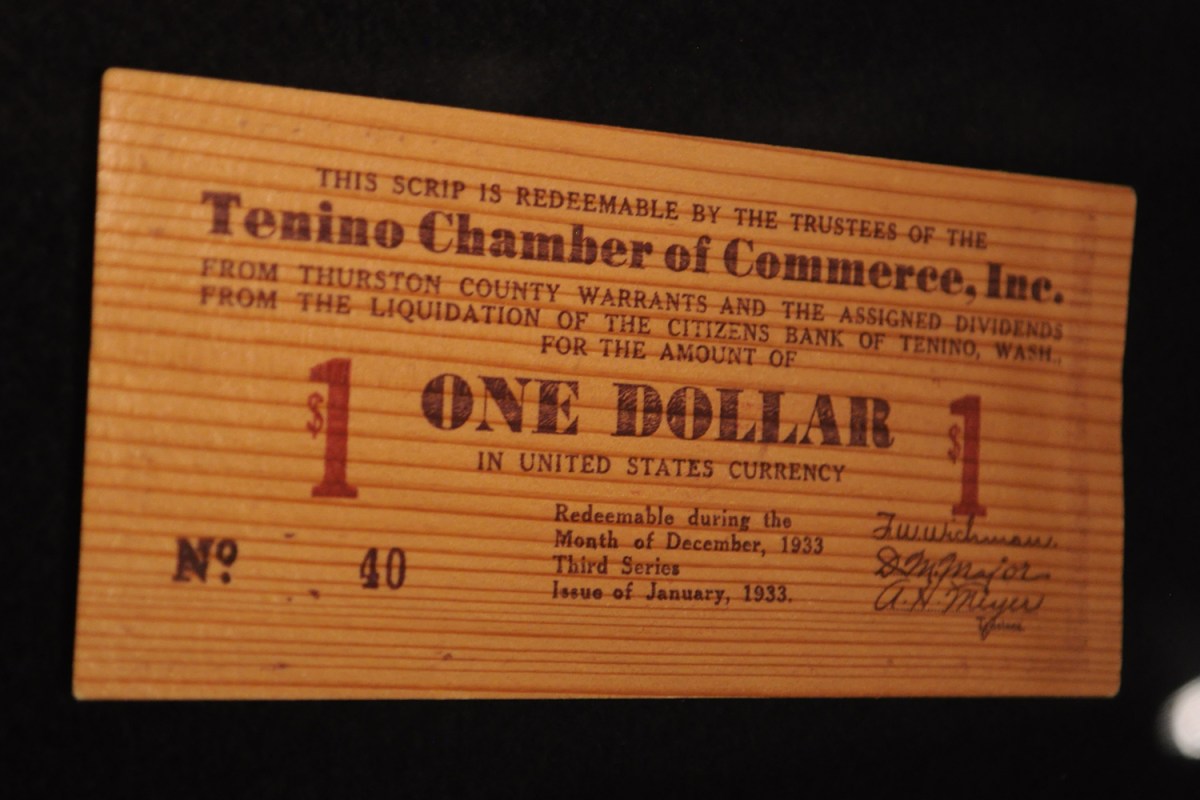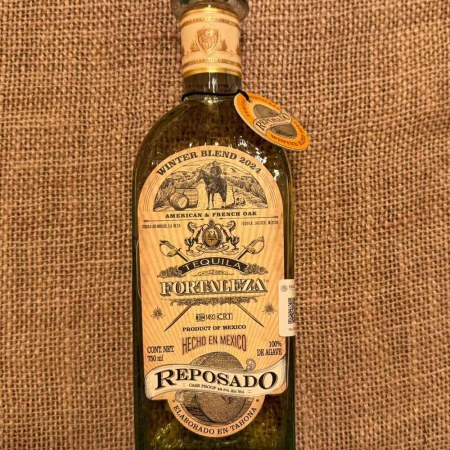While the economic fallout from the COVID-19 pandemic is the worst the U.S. has seen since the 1930s, the overall effect won’t likely be as dire. But while some sectors of the economy are on the upswing, many small businesses across the country are still reeling, and one small town in Washington is looking to the Great Depression for lessons on weathering the storm.
Back in 1931, the only bank in Tenino, Washington closed, so local leaders began printing their own wooden currency for residents to stay afloat. Now, the town of 1,884 residents is reviving the practice that put Tenino on the map, and as the Hustle reported, they’re using the same 130-year-old newspaper printer to do it.
The Hustle spoke with Wayne Fournier, Tenino’s mayor, who said the town discussed grants, microloans and other initiatives, but settled on issuing a local currency for a simple reason: “The big concern was, ‘How do we directly help families and individuals?’”
How do the wooden dollars work? Basically, Tenino residents below the poverty line apply with the city; if approved they will receive stipends up to $300 per month from a $10,000 fund; the stipends come in the form of wooden notes worth $25 each that can be used locally on essentials but not cigarettes, lottery tickets or alcohol; and after businesses accept the currency they in turn can exchange them with the city for cash.
That sounds all well and good, but how exactly does this economic rigamarole help the small town?
“The answer is simple: By creating its own local currency, Tenino keeps the money in the community,” wrote the Hustle. “As Fournier puts it, ‘Amazon will not be accepting wooden dollars.’”
Subscribe here for our free daily newsletter.
Thanks for reading InsideHook. Sign up for our daily newsletter and be in the know.


















